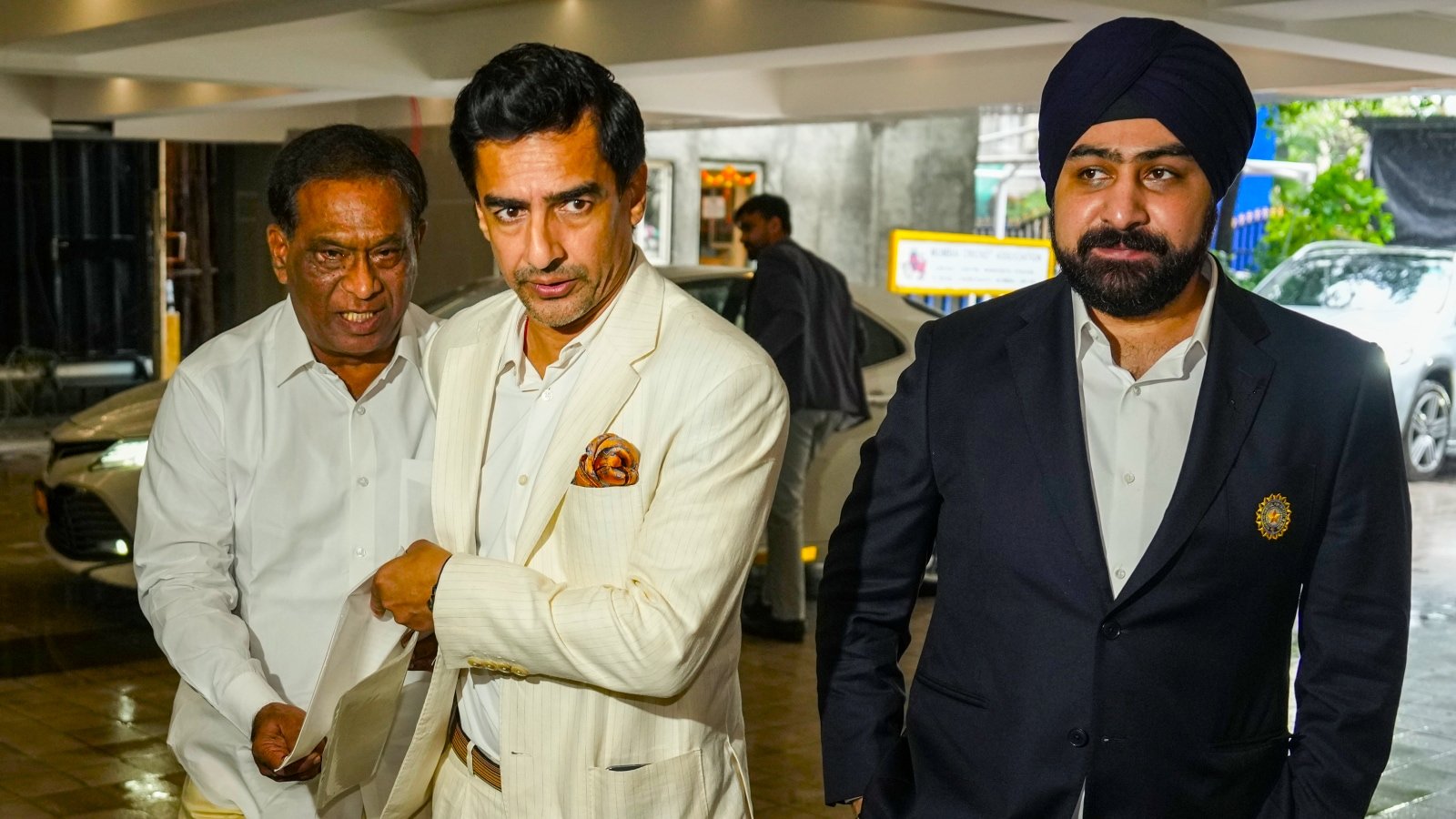Mumbai’s young workforce has tall aspirations, but a quieter tension bubbles underneath — how to stretch the earnings to last, grow and shield you in a city that weighs heavily on your pockets. For some millennials and Gen Z who live in India’s financial hub, aspirations of being financially independent sit alongside poor financial literacy.
Major expenses of a Mumbaikar include rent, groceries, transport, electricity, entertainment and shopping. “I spend most of my salary on food, dining out, and spending time with friends. About 60% of my salary is spent on holidays and dining out,” says Janhavi Ganguly, a 25-year-old digital copywriter at an IVF clinic.
Instagram affects many youngsters, whose spending choices are impacted by influencers promoting clothing brands or embarking on vacations. Many Mumbaikars working a full-time job, especially Gen Zs, admitted to purchasing things just to share them on the Internet. “I am on social media for approximately 6 to 7 hours every day. Travel blogs have the biggest impact on me. I bookmark many of them for future travel plans,” Janhavi shared.
A 28-year-old doctor at a notable private hospital in Mumbai said his finances are stable but uncertain. “My ambition is to create multiple income streams, but I’ve yet to draw up a long-term plan.”
Even though he has a plan—saving 30% of what he earns shared among emergencies, investments and daily expenses—the process is still foreign to him. Formal attire by itself sets him back over Rs 20,000 every few months, despite it being more of a professional expectation than personal desire.
‘Start By Saving’
“Financial planning right from the beginning has several advantages. Many youngsters delay investing. But starting early, even with smaller amounts, can help build long-term wealth through the power of compounding, which can be very beneficial in later stages of life,” says Radhika Binani, Chief Product Officer, Paisabazaar. “Not saving for emergencies can damage your finances. Your emergency fund acts as a safety net. You can start by saving funds up to four to six months of your monthly expenses as emergency funds.”
Pratchi Yadav, 23, a creative strategist juggling a corporate job to earn a living and creating content for her own personal brand, offers a different perspective. “I stay in a flat rented by my mother, so my expenditure is minimal. I’m working towards financial independence so I can travel freely. One of my short-term goals is to visit as many countries as possible in my 20s. I know this phase won’t last forever, and I want to make the most of it.”
Janhavi, sharing her long-term plan, said she intends to purchase a flat outside Mumbai and set it up as an Airbnb. She also intends to invest in stocks eventually.
While many youngsters have goals and ambitions, heavy expenses of living in Mumbai seem to get in their way. The city has a huge population of young professionals who receive competitive income. Although they are tech-savvy and ambitious, most millennials and Gen Z professionals overspend on lifestyle and lack solid financial literacy to make wise money choices.
Commuting is also emerging as a major expense in the city. Mumbai’s fast-paced life leaves them in a split between using public transport— with the ease of their pockets but risking their safety and comfort— or the option of hiring comparatively expensive cabs, which also gets them into traffic woes.
“My highest monthly expense are travel and food. I spend between Rs 4,000–5,000 on travel and roughly the same on food and dining out,” says Saurabhi Shetye, a 26-year-old PhD scholar and professor.
“My largest monthly expenditure? Traveling—approx. Rs 10,000 a month, since I live quite far away and safety is a concern,” Pratchi adds.
Money Lessons
Mumbai’s working Gen Z lacks in being money-savvy—at least not in the traditional sense. Schools did not educate them on compounding interest, SIPs, or EMIs’ long tail. They have learned it for themselves, picking insights from YouTube, families or even ChatGPT.
“I did not always have a budget plan, but I account for every rupee, largely via UPI apps such as GPay and record all my expenses. I even use ChatGPT to help me analyse my expenses—having it ask how I can minimise my spendings or save better,” Pratchi says.
“I’ve not yet found a financial advisor I can trust,” says Ishita Mishra, a 22-year-old former HR professional. She used to spend lavishly on lifestyle—travel, dining out, shopping—more out of peer pressure and ‘FOMO’. However, a tough experience with handling her finances has now turned her attention towards investing in mutual funds via systematic investment plans.



